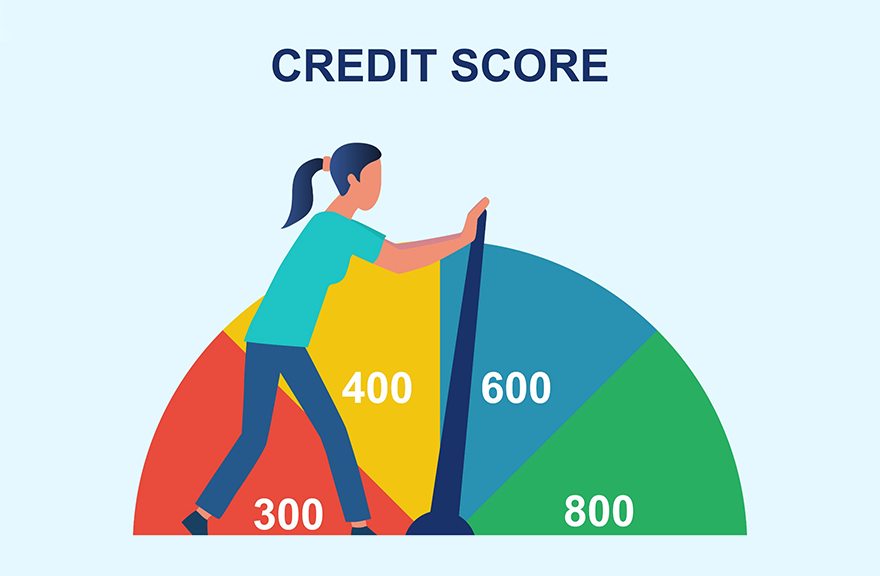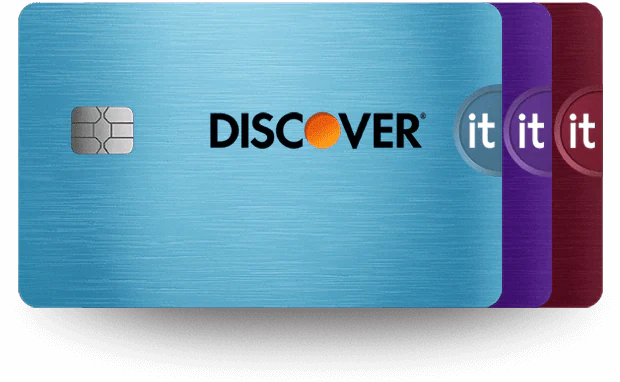What Does a 300 Credit Score Mean?
Keeping Your Pets Happy and Healthy
Credit Scores: Understanding the Importance and Consequences
Credit scores play a crucial role in determining your financial credibility and are often compared to grades for how well you handle money. They provide a clear indication of how likely you are to repay borrowed funds. The scores typically range from 300 to 850, with 850 being the best score possible. In this article, we will delve into the lowest score, which is 300, and explore what it means.
What does a 300 Credit Score Indicate?
A 300 credit score is the worst possible score you can have, signaling to lenders that you are a high-risk borrower. Such a score usually arises from significant money-related problems or a lack of borrowing history. There are several reasons why someone might have a 300 credit score, including:
- Not Paying Bills on Time
- Using an Excessive Amount of Credit
- Having a Limited Credit History
- Applying for Multiple Credit Accounts
- Having Only One Type of Credit
Consequences of a 300 Credit Score
Holding a 300 credit score comes with significant challenges, as it becomes exceedingly difficult to obtain approval for new credit cards, loans, or mortgages. Traditional lenders are cautious about lending to individuals with such a low credit score due to the perceived high risk. Additionally, a low credit score may lead to additional negative consequences, such as:
- Difficulty Renting a Home: Landlords may be hesitant to approve rental applications from individuals with a low credit score.
- Ineligibility for Promotional Offers: Individuals with a 300 credit score may not qualify for promotional offers and favorable terms on credit accounts.
- Inability to Refinance Loans: Limited creditworthiness makes it challenging to refinance existing loans, potentially missing out on better terms and savings.
- Emotional and Mental Stress: Dealing with the consequences of a low credit score can lead to emotional and mental distress.
Furthermore, it’s important to note that employers may also review an applicant’s credit history before making a hiring decision. A poor credit score could potentially jeopardize job prospects.
Improving a 300 Credit Score: A Gradual Process

Despite the daunting nature of a 300 credit score, it is important to remember that all hope is not lost. With time, patience, and responsible financial behavior, you can improve your credit score gradually. Here is a step-by-step guide on how to improve a 300 credit score:
- Check Your Credit Report: Review your credit report for any errors or discrepancies that may be negatively impacting your score.
- Pay Bills on Time: Make it a priority to pay all bills on time, as late payments can severely damage your credit score.
- Reduce Credit Card Balances: Lowering your credit card balances can positively impact your credit utilization ratio, improving your score.
- Be Cautious with Credit Applications: Avoid applying for too much credit at once, as excessive inquiries can negatively affect your credit score.
- Settle Debts or Negotiate Payment Plans: Working towards settling outstanding debts or establishing manageable payment plans can show financial responsibility.
- Maintain Older Accounts: Keeping older credit accounts open can demonstrate a longer credit history, positively influencing your score.
- Be Patient and Persistent: Building credit takes time, so remain steadfast in your efforts and don’t get discouraged.
One crucial factor in improving your credit score is consistently paying bills on time. Setting up reminders or automatic payments can help ensure you meet your payment due dates. Consistently making on-time payments will gradually build positive payment history.
Another option to consider is applying for a secured credit card, which requires a security deposit acting as collateral. Responsible use and timely payments with a secured card can showcase good credit behavior and aid in building credit.
However, it’s essential to recognize that improving your credit score is not an overnight process, and there are no quick fixes. Focus on cultivating positive credit habits, and over time, your credit score will improve. As your score rises, you’ll gain better access to financial opportunities with more favorable terms for loans and credit cards.




